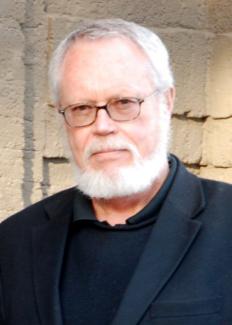
Adjunct Professor
Bio
Durwood Zaelke is founder and President of the Institute for Governance & Sustainable Development (IGSD) in Washington, DC and Paris, where he focuses on fast-action mitigation strategies for protecting the climate, including strengthening the Montreal Protocol by phasing out high-GWP HFCs, as well as reducing other short-lived climate pollutants (black carbon, tropospheric ozone, and methane); and promoting the need for speed in the quest to remain well below the 2°C guardrail, and the more prudent 1.5°C target of the Paris Agreement. IGSD’s fast-action mitigation program was first described in M. Molina, D. Zaelke, V, Ramanathan, S. O. Andersen, & D. Kaniaru (2009), Reducing abrupt climate change risk using the Montreal Protocol and other regulatory actions to complement cuts in CO2 emissions, Proceedings of the National Academy of Sciences. IGSD also supports climate litigation through its Center for Climate Integrity.
Zaelke has taught at various law schools, including Yale Law School, Duke Law School’s Brussels’ program, American University’s Washington College of Law, where he founded the international and comparative law program, and the University of Nairobi Law Faculty, as well as at Johns Hopkins graduate environmental policy program.
He is the author, co-author, or editor of various publications including the leading law school textbook on International Environmental Law & Policy (with Hunter & Salzman) (5 ed. 2015; 6th ed. in preparation). Zaelke co-authored a chapter on super pollutants, focused on HFCs, with Professor V. Ramanathan at Scripps, UC San Diego, for the university textbook Bending the Curve: Climate Change Solutions (2019), co-chaired with Nobel Laureate, Dr. Mario Molina and Professor V. Ramanathan the Well Under 2 Degrees Celsius: Fast Action Policies to Protect People and the Planet from Extreme Climate Change report, authored by a team of 33 prominent scientists and policy experts (2017), and co-chaired with Dr. Molina the synthesis report analyzing the climate benefits of phasing down HFC refrigerants while improving the energy efficiency of cooling equipment (forthcoming from UNEP & IEA 2019).